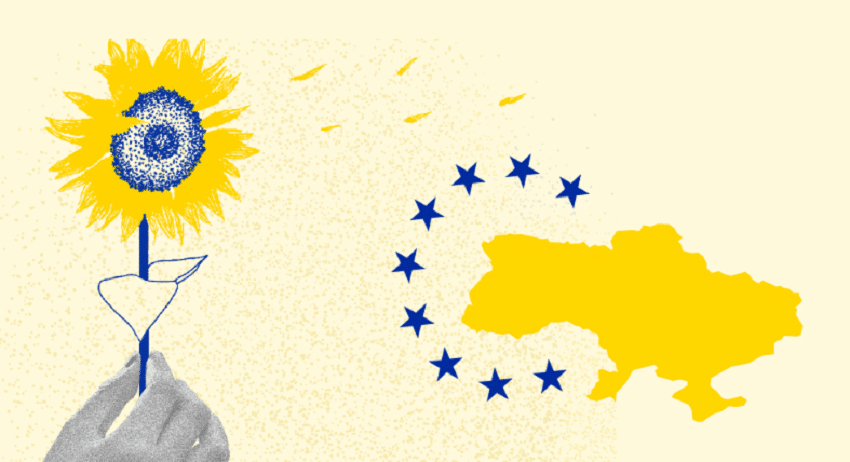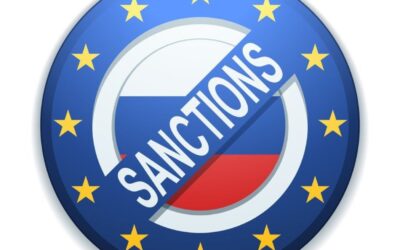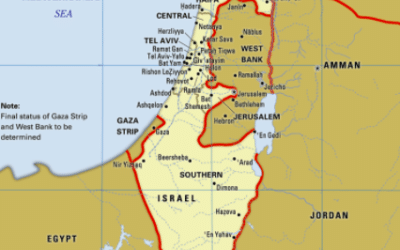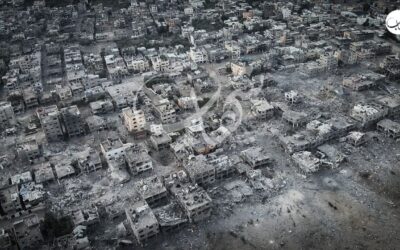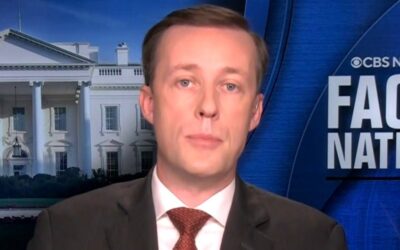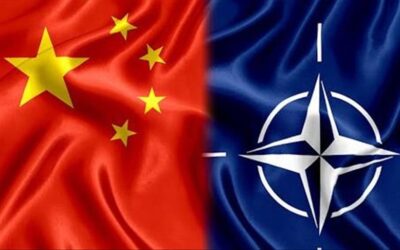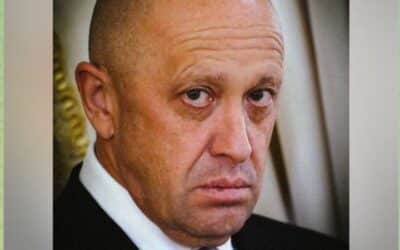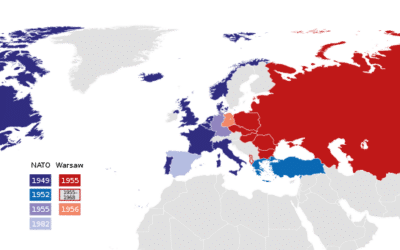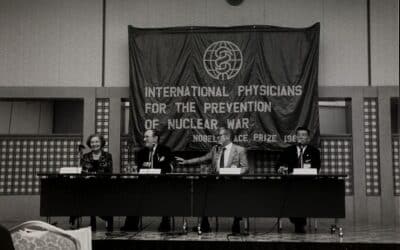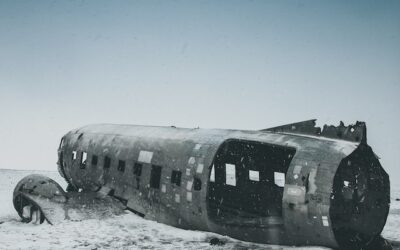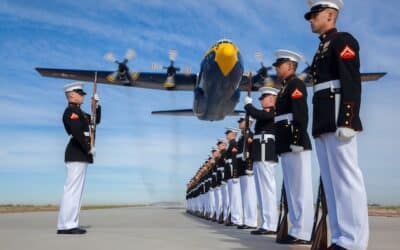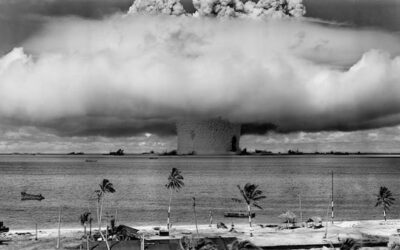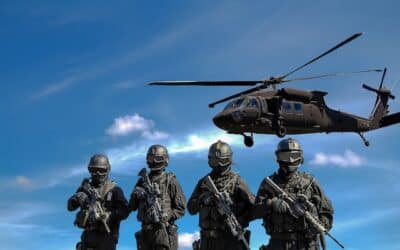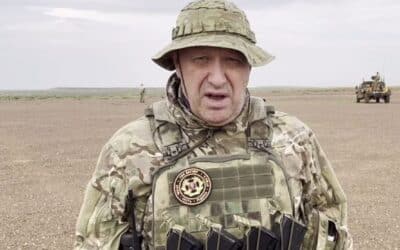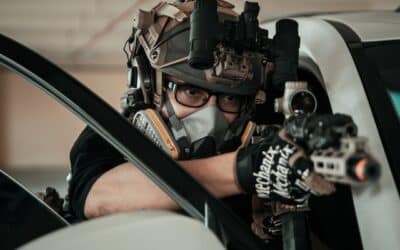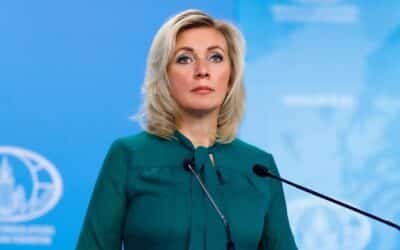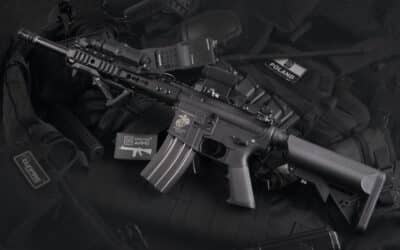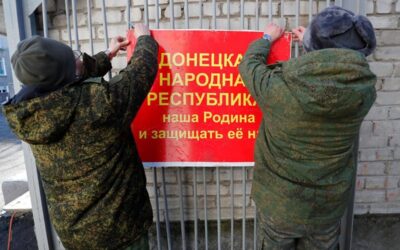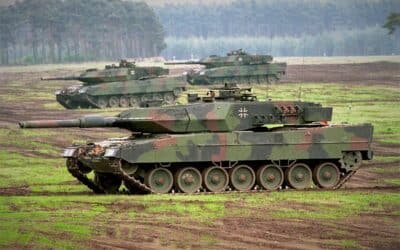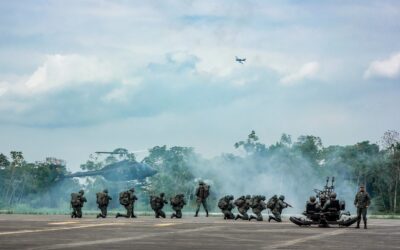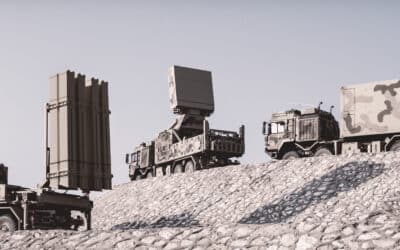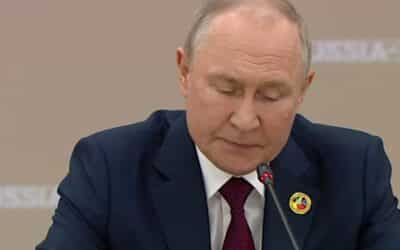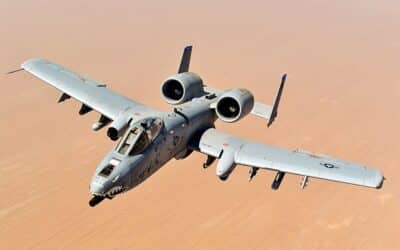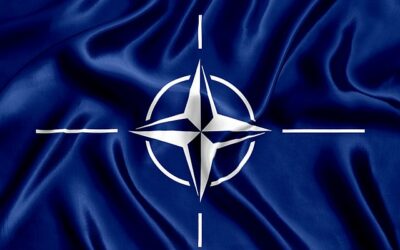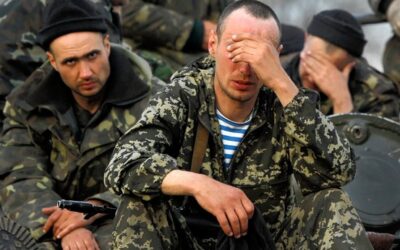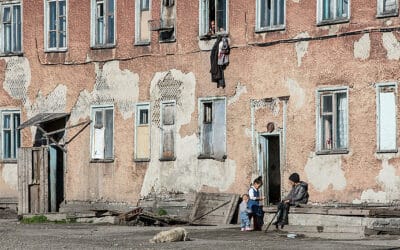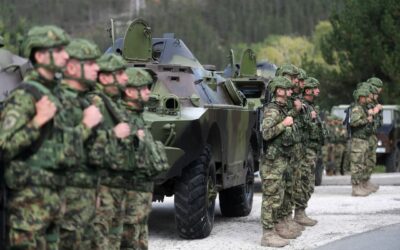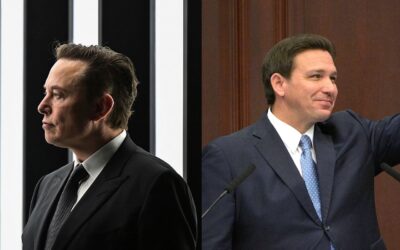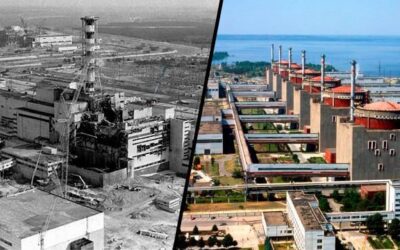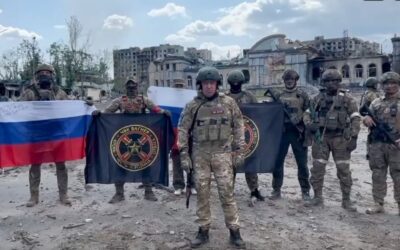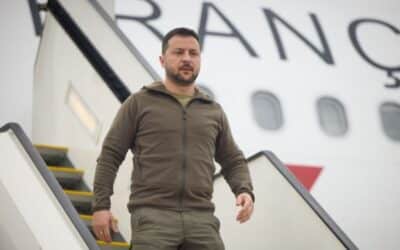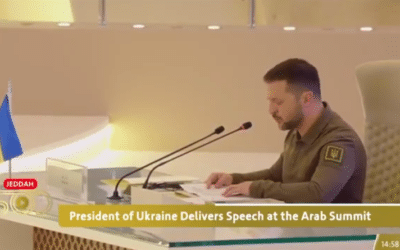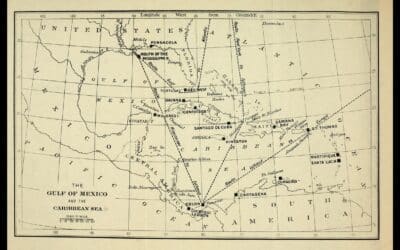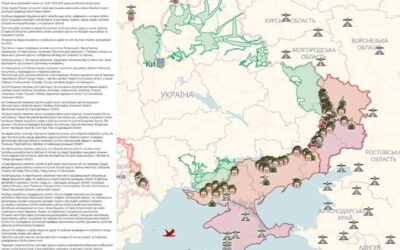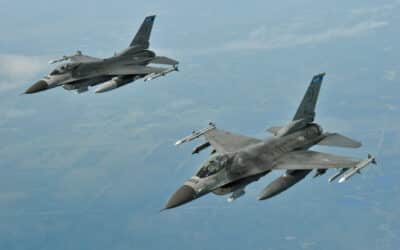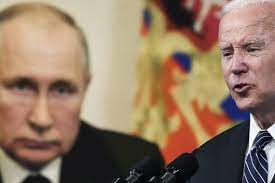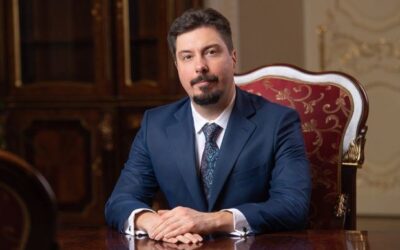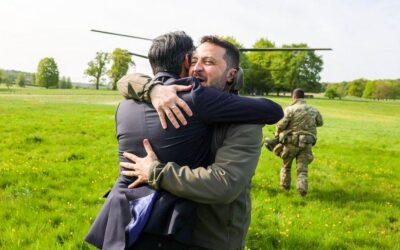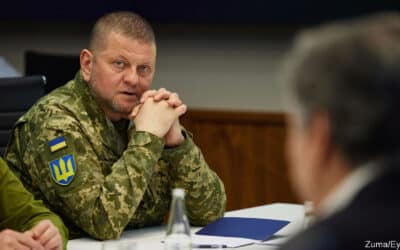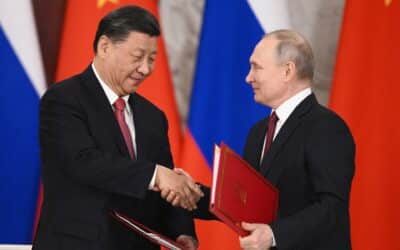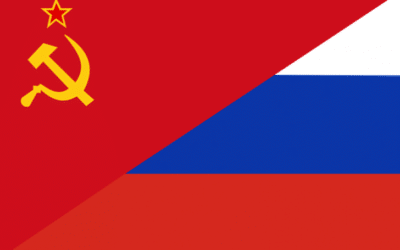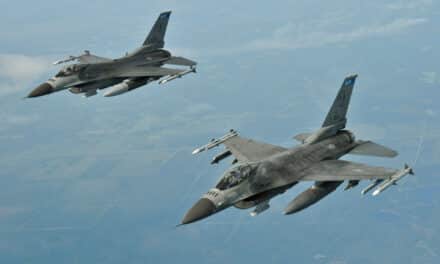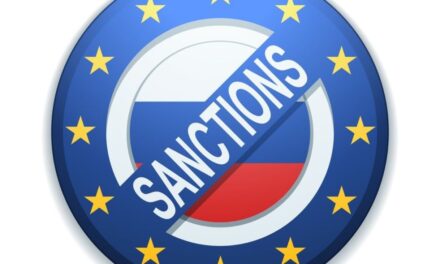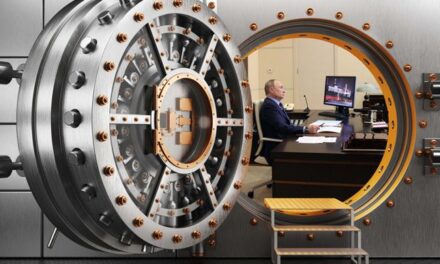Ukraine has long struggled for survival, with its geopolitical positioning between the East and the West. In this blog post, I will dive into the dynamics of Ukraine’s fight for independence and its dependency on the Western world. From war with Russia to its aspirations for NATO membership
We (Ukraine) find ourselves in a very specific situation:
On the one hand, we are fighting for our survival and future in the Western world, and on the other hand, we are almost entirely dependent on the West, which is against our opponent losing in this war.
The West fostered Putin as a political figure, allowed the rise of Putin’s Russia, forgave the attack on pro-Western Georgia, hardly reacted to the annexation of Crimea, and permitted a full-scale invasion of Ukraine, allowing Putin to unleash the largest war in Europe since World War II.
We need equipment, ammunition, long-range missiles, and Western-model aircraft to defeat Putin’s army. All of this is available from our partners, but they either need to provide it or significantly underdeliver.
Despite these conditions, our armed forces have not only halted the invasion by superior enemy forces using their resources but also have unoccupied half of the captured territories and are systematically advancing.
In this war, we need a victory to prevent a second round of the war.
A victory can be considered the defeat of Putin’s forces on the battlefield with the liberation of territory and/or Ukraine’s accession to NATO as both a guarantee of security and a precise determination of the country’s development towards the Western side of the iron curtain.
At present, General Zaluzhny is faced with three impossible tasks in this war: to break through a corridor to the Azov Sea with limited resources, to preserve the army, and to isolate Crimea from Russia by depriving it of its land connections to the peninsula.
The defense forces will undoubtedly reach the sea and liberate the south – this will demonstrate success and significantly strengthen Ukraine’s position in negotiations with the West and the East.
The main intrigue of this war is whether the North Atlantic Alliance is willing to accept Ukraine?
If “yes,” this is one path: integration with the West, complete rearmament, and establishing a comprehensive security system.
Suppose the West is still deciding whether to accept us into the alliance. In that case, it’s about economic restructuring and building a security system that does not exclude the resumption of nuclear status.
The Kremlin’s information operation to escalate and expand the conflict’s geography continues.
Threats to Poland and the Baltic countries are informational, and whether they will take on a hybrid form is an open question.
In any case, the countries’ armed forces are preparing for various scenarios.
The leadership of Russia suggests that it plans to fight for a long time and prepares for a “big war.”
The main focus of the Russian army is on the ground component, where artillery plays a significant role.
For the prolonged intensity of warfare, the enemy’s ammunition reserves need to be increased, and the ability to produce new ones in sufficient quantities.
Defense forces are working intensively to ensure that Russian shells explode on their depots, and they are succeeding.
Russian troops often experience an ammunition shortage, which is incomparable to the situation of the past year.
North Korea has significant stocks of artillery shells, and a delegation from Russia, led by Shoigu, went there.
The trip results are unknown, but Pyongyang’s decisions depend directly on China’s position.
While China supplies Russia with drones and their components, it systematically “supports the territorial integrity of Ukraine and neutrality in the war.”
Arms supplies to Russia from Korea or China would change Beijing’s position and expand the conflict’s geography, which cannot go unnoticed by the West.
However it may be, we will defeat everyone.
The information escalation around the movement of Wagner PMC forces to Belarus, allegedly threatening Poland, has achieved its goal – the US State Department has reacted.
“In Washington, the USA is ready to defend Poland,” they responded.
The Kremlin conducts an information operation with threats to NATO countries in a unified design to raise stakes and bolster Russia’s position before hypothetical negotiations.
Further escalation with threats to Poland is likely diverting, as it is much easier to pose a real danger to neighboring Lithuania from Belarus.
Ukrainians know from firsthand experience the price of security guarantee agreements. Over nine and a half years of war with Russia, we have learned that we can rely only on ourselves to defend our territories.
The Polish authorities have realized this based on our experience and have begun to increase and rearm their own army with some success since the start of the Russian invasion.
Therefore, threatening Poland with several thousand Wagner PMC mercenaries is only feasible in an informational context.
Putin is raising the stakes: a naval blockade of Ukraine, strikes on port infrastructure, the concentration of Russian troops in the Kupiansk-Lymanske direction, and the transfer of nuclear weapons to Belarus and threats to Poland and Lithuania.
By concentrating Wagner PMC forces in Belarus, the Kremlin creates a threat of advancing towards Vilnius, as the city is only 20 kilometers from the border.
Whether this threat is real, informational, or hybrid is still unknown, but Poland and Lithuania take it very seriously.
All of this is an escalation to negotiate de-escalation in hypothetical talks.
In hopes of a successful start to the negotiations, the Kremlin is getting rid of the leaders of ultrapatriotic forces in Russia, such as Girkin and his associates, who might disapprove of the talks.
The only force against this escalation is the Defense Forces of Ukraine, which could also face Wagner PMC mercenaries in Lithuania.
We have significant experience in confronting them and a long score against Wagnerites.
Establishing a maritime blockade by the Kremlin on Ukrainian ports is challenging for the entire world community.
And how will the international community, particularly the West, react to this?
Most likely – they will need to respond more adequately. Today’s leaders making decisions do not match the tasks that lie before them.
Putin takes advantage of this.
The war is sustained only because the West and the international community do not respond adequately to the Kremlin’s barbaric actions.
Currently, Putin is attempting to play on a broad front: a maritime blockade of Ukrainian ports, an offensive in the Kupiansk-Lymanske region, intrigues in Belarus, and NATO blackmail with the transfer of Wagner PMC mercenaries on the eve of Russian-Belarusian exercises.
The Kremlin seeks to seize the geopolitical initiative and impose its game, using hybrid methods to influence the West.
There is hope that the West will accurately assess the threats and respond adequately, but… so far, it acts according to its own program, the adequacy of which in the face of challenges is a somewhat debatable matter.
We must conduct 2-3 major counteroffensives to reach our constitutional borders. It is preferable to do so without pauses.
For this, we require equipment and ammunition supplied to us by the West.
Thus, the West leads us along a certain corridor of possibilities, regulating the supplies.
We have yet to receive everything promised for this counteroffensive, which would have significantly reduced losses and improved results.
The West does not want Ukraine to lose, but it is also not interested in Russia losing.
Unlike us.
Here, we have differences in opinions and plans with our partners, upon whom we are almost entirely dependent.
We can improve our positions and demand more from our partners if they have a vested interest in us and are sectorally dependent on us.
When the question arises about protecting investments, an important market, production chains in sensitive industries, and safeguarding a strategic ally in Eastern Europe, then Ukraine’s existence, protection, and development will not be a debatable issue in the West.
The fluctuating policy of our partners towards us should be regulated by calculations of gains and risks rather than discussions about values.
Related Articles
10 Best Handguns for Self-Defense
When it comes to...
The Truth About Sanctions: Why Don’t They “Work”?
In 2022,...
History of Israel-Palestine Conflict
Israel and...
After the WAR initiated by HAMAS on October 7th, the Middle East will not be the same
On the -th of...
The Israeli army is prepared for an offensive on the Gaza Strip, involving attacks from “air, sea, and land.”
The IDF (Israel...
War in Israel: Current Developments – Video
Rafah...
Russia vs USA: Who Would Win in a Potential War?
In the...
NATO vs China: Who Would Win in a Potential War?
In the realm of...
11 Best Assault Rifles in the World
Welcome to a world...
Yevgeny Prigozhin (Wagner founder) is dead
According...
What You Need to Know About Joining NATO
Has any country...
Terrifying Realities of a Potential Nuclear War
The Devastating...
What to Do in Case of a Nuclear Attack
What to Do in Case...
11 Strongest and Most Powerful Navies in the World
When it comes to...
The Most Powerful Nuclear Weapons
The sheer power...
Understanding the Nature of War – The Clash of Wills
War is the...
Ukrainian Defense Forces Celebrate One-Year Anniversary of Kherson Region Liberation
Around one year...
Prigozhin First Video Speech After Unsuccessful Uprising
Following a recent...
11 Best Sniper Rifles in the World
Important Factors...
What is Russia saying about the war in Ukraine, Episode 1
Did you ever...
13 Most Powerful Weapons in the World
Weapons of immense...
What is Happening in Russia, Episode 3
Welcome to the...
What is Happening in Russia, Episode 2
Have you ever...
10 Strongest Tanks in the World
Tanks represent...
10 Strongest Armies in the World
When it comes to...
Putin: We cannot stop the fire when they advance on us!
Putin ten...
10 Best Air Defence Systems in the World
Image:...
Alexei Navalny Letters From Prison
Image:...
What is Happening in Russia, Episode 1
Have you ever...
10 Strongest Fighter Jets in the World
Image:...
10 Strongest NATO Members
Image:...
Mobilized Soldiers Expose Dire Conditions and Neglect in Deployment to Luhansk
source:...
Why is everything so poor and sad in Russia?
Image:...
Tensions Escalate in Northern Kosovo as Serbian President Mobilizes Army
Image:...
Putin’s Russia and the Need for a Fresh Security Approach in Europe
Image:...
DeSantis Declares Presidential Bid with Elon Musk
Image:...
Russian military personnel shelled the Zaporizhia Nuclear Power Plant
Image:...
Prigozhin Revelations The Truth Behind the Capture of Bakhmut
Image:...
President Zelensky Visit G7 Turning Point in Russia-Ukraine War
Image:...
Turning a Blind Eye No More: Zelensky’s Bold Stand Against Crimean Annexation
Unfortunately,...
Navigating the Fluidity of War and Geography: Insights and Strategies
War is Geography:...
Latest Updates on Russian Invaders’ Activities in Occupied Territories
Russian Invaders...
US Denies Ukrainian Pilots Training on F-16 Fighter Jets
Complexities of...
West Strong Support for Ukraine’s Recovery and Containment of Russia
Kremlin's Failed...
Ukraine Supreme Court Chairman Confronts Allegations of Blatant Bribery
Vsevolod Knyazev...
Gold Coin Treasure from Alexander the Great Era found in Annexed Crimea
Crimea's Hidden...
Rishi Sunak Hails Zelenskyy as a Modern-Day Churchill
Volodymyr...
The Moral Factor in War: Ukraine’s Key to Victory
"We were actively...
The West’s Triumph in the New Cold War: Technology of Freedom Wins Out
The Chinese leader...
The Illusion of Power: How Putin’s Russia is Making the Same Mistakes as its Past Leaders
Modern Russia and...
